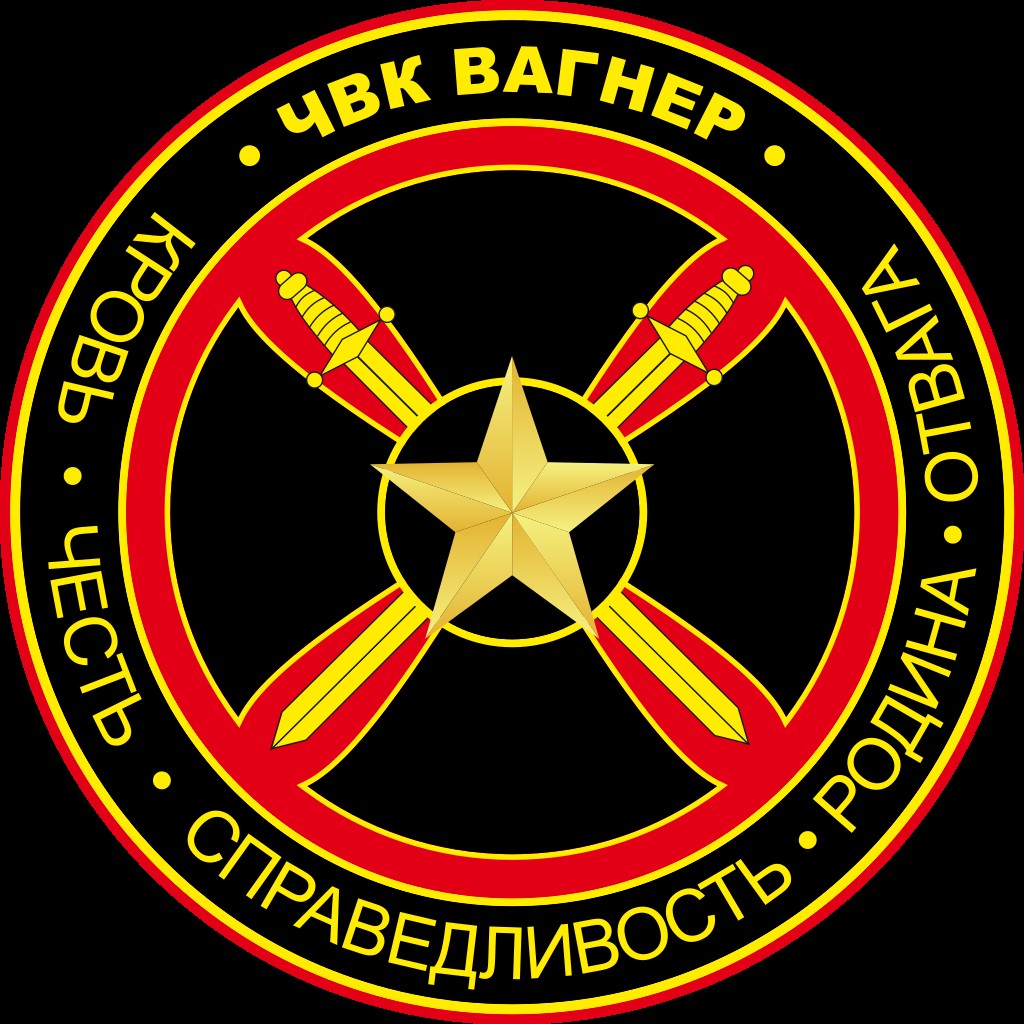A draft proscription order was laid in the UK Parliament on 6 September 2023 that will declare Russia’s Wagner Group private military company (PMC) a terrorist organisation. Once agreed, the order will come into force on 13 September, making it a criminal offence to belong to, encourage support for, assist or use the logo of the Wagner Group, punishable by up to 14 years in prison.
Making the case for the measure, UK Home Secretary Suella Braverman stated, “Wagner is a violent and destructive organisation which has acted as a military tool of [Russian President] Vladimir Putin’s Russia overseas. While Putin’s regime decides what to do with the monster it created, Wagner’s continuing destabilising activities only continue to serve the Kremlin’s political goals.

“They are terrorists, plain and simple – and this proscription order makes that clear in UK law. Wagner has been involved in looting, torture and barbarous murders. Its operations in Ukraine, the Middle East and Africa are a threat to global security,” Braverman added. “That is why we are proscribing this terrorist organisation and continuing to aid Ukraine wherever we can in its fight against Russia.”
However, while the proscription order in itself is not surprising – Wagner troops have frequently been accused of committing atrocities in the countries in which they have operated – what is noteworthy is the prospect of the group being folded into the regular Russian military apparatus, meaning that the UK will have effectively proscribed a section of the Russian armed forces.
The Wagner Group was always considered as ‘Putin’s private army’, which could conveniently do the dirty work of Russian foreign policy while affording Moscow a spurious stance of deniability. However, as tensions mounted between the Russian Defence Ministry and Wagner’s mercurial leader, Yevgeny Prigozhin, over the conduct of the war in Ukraine, Putin moved to bring the Wagner Group more closely into the fold – with consequences that ultimately posed a considerable challenge to the Russian leader.
In June 2023 Putin sided with his defence minister, Sergei Shoigu, who on 10 June ordered all volunteer and mercenary groups to sign contracts with his ministry by the end of that month. This clear attempt to rein in the autonomy of Wagner was immediately rebuffed by Prigozhin, yet the prospect of Wagner losing state support ultimately precipitated his now infamous rebellion on 24 June.
With Prigozhin having now suffered the fate of many a Putin critic, killed in a 23 August plane crash likely caused by sabotage, it remains to be seen whether Wagner will continue as an entity, either on its own or subsumed within the Russian Defence Ministry.
Given that Wagner field commander Dmitriy Utkin, reportedly the founder of the group, as well its logistics chief, Valeriy Chekalov, also died in the crash that killed Prigozhin, it seems unlikely there is anyone with the force of personality to see an independent Wagner Group remain in operation.
It thus appears most likely that Wagner’s mercenaries will either fold into the ranks of the regular Russian military or re-emerge under the flag of another mercenary group that is somewhat more compliant with Russia’s military leadership, rendering the UK’s proscription of the group a somewhat moot point.
Peter Felstead




